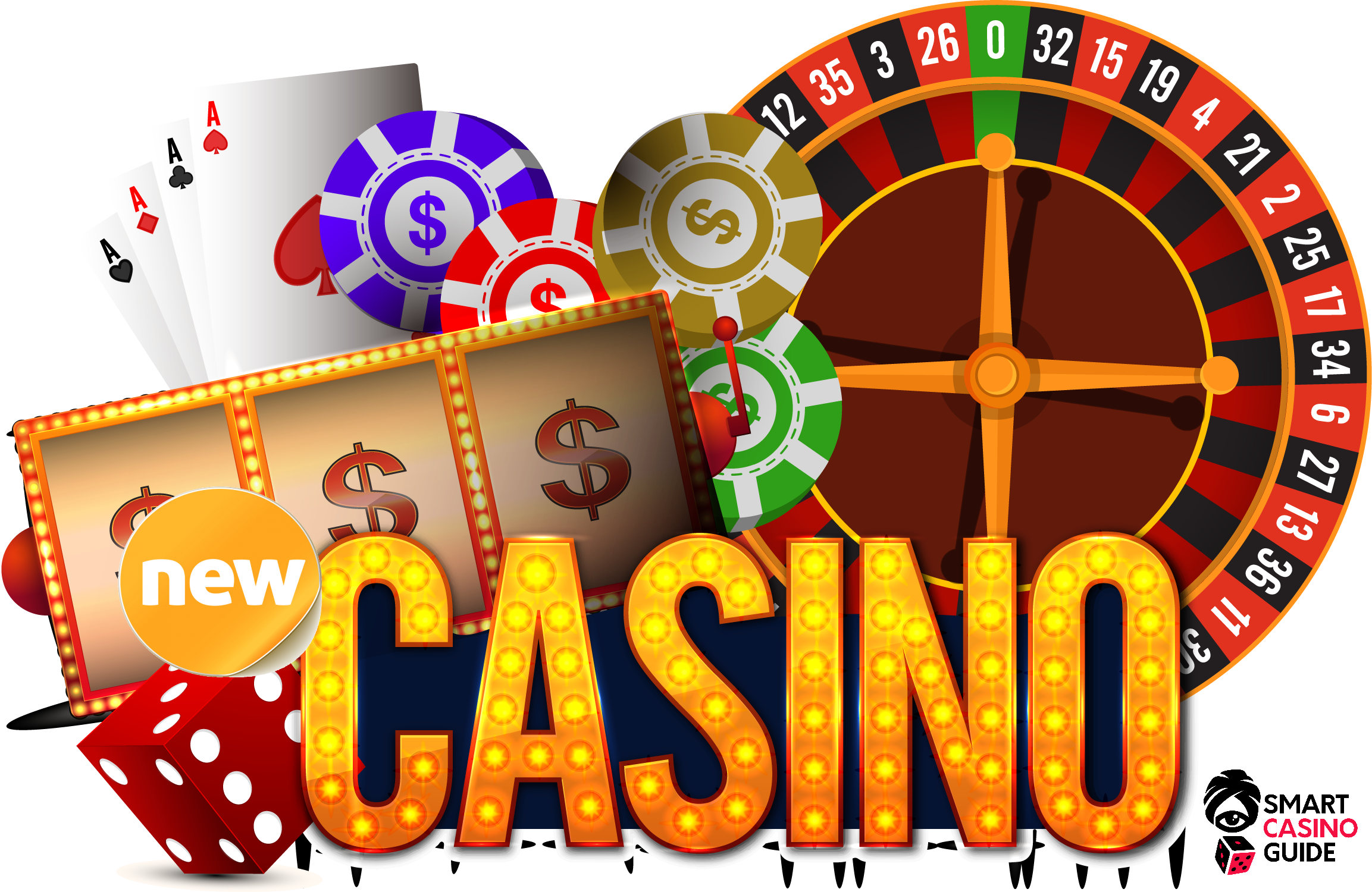In the world of gambling, in which chance and strategy converge, a unique tapestry of beliefs emerges—one that braids luck, fate, and the enigmatic nature of casino games. Casinos, bustling with excitement and anticipation, are not just places for placing bets; they are also arenas in which superstitions thrive. From the novice player to the seasoned gambler, these mysterious practices often shape how individuals approach the games they play, believing that their actions can affect the outcome in ways that go beyond mere probability.
As players gather around roulette wheels, blackjack tables, and slot machines, the atmosphere is thick with stories of lucky charms, rituals, and codified behavior that defy logic yet provide a sense of comfort. It could be the case that it’s wearing a specific outfit, following a particular sequence of bets, or even avoiding certain numbers, the attachment to various superstitions reflects a deep-rooted desire to master the uncontrollable. This article delves into the captivating world of casino game superstitions, investigating the beliefs that both entertain and mystify those who dare to play.
Cultural Roots of Superstitions
Betting games have long been connected with an variety of superstitions that can be traced to primitive cultures. The beginnings of these ideas can be linked to humanity’s fundamental desire to manage the uncertain outcomes associated with fortune and uncertainty. In primitive civilizations, activities of uncertainty were often tied to religious practices. Players would invoke blessings or request favor from gods, believing that their actions could affect the results in their benefit. This foundation laid the basis for the multitude of superstitions that developed as gambling evolved over ages.
During the Middle Ages, betting became a widespread activity across Europe, and with it, a colorful tapestry of superstitions developed. Players adopted different rituals and charms, believing they could influence the results of games. The importance of numbers, in particular, began to appear in superstitions pertaining to card games and dice. The number 7 was often considered auspicious, while various numbers carried bad connotations. These ideas mirrored the cultural contexts of the time, changing as they transferred through generations and adapted to different gaming environments.
As casinos developed in the 1600s, particularly in Italy and the French nation, the atmosphere surrounding betting became steeped in enigma. The growing accessibility of gambling activities allowed for the dissemination and variation of superstitions among players. Concepts like lucky charms, designated seating arrangements, and rituals gained prevalence, creating a special culture within betting houses. As these customs continued to thrive, they became essential to the character of gambling games, illustrating how the past and society shape the convictions that influence how participants interact with chance.
Widespread Gambling Myths
Superstitions surrounding casino activities are abundant and varied, reflecting the dreams and fears of gamblers as they participate in chance-based games. One of the most prevalent beliefs is that certain numbers bring luck or misfortune. For example, the digit 7 is often seen as a favorable digit, frequently embraced by gamblers looking for a positive outcome. Conversely, the number 13 is routinely considered unlucky, leading many gamblers to steer clear of it during their gaming periods.
Another frequent belief relates to rituals that gamblers believe can affect their odds. It could be blowing on dice before a throw, using a particular gesture to place a bet, or even wearing specific items of clothing, many individuals feel that these actions can sway luck in their favor. These practices offer a sense of power in an otherwise unpredictable environment, reinforcing the idea that fortune can be manufactured through individual beliefs and habits.
Lastly, the environment and atmosphere of the casino itself contributes to superstition. Many gamblers suggest that the presence of specific symbols, such as four-leaved clovers or fortunate tokens, can enhance their chances of success. Additionally, gamblers might adhere to the notion that winning streaks can be halted by mundane occurrences, such as a person passing by or a spill at the table. The collective environment in a gambling house can amplify these beliefs, creating a shared culture of superstitions that transcends single experiences.
Impact of Superstitions on Players
Superstitions play a significant role in the psychology of gamblers, often affecting their actions and decision-making. Many gamblers think that fortune can be influenced through various rituals, such as donning a talisman, choosing particular hues, or steering clear of particular digits. This reliance on superstitions can create a feeling of authority in an environment that is intrinsically unpredictable. Players frequently feel more confident and engaged when they feel that their actions could sway the result of a game in their advantage.

The impact of these superstitions extends beyond individual players, affecting the general atmosphere within the casino. For example, a player who believes in the luck of a certain slot machine might draw a crowd, as onlookers are fascinated by their apparent luck. This shared belief can amplify excitement and create a dynamic environment, leading to an captivating experience even for those who may not necessarily be superstitious. The excitement around certain games can lead to higher participation and longer playing sessions, supporting the casino’s lively social scene.
In some instances, superstitions can lead to detrimental effects for players. Relying too much on rituals can result in poor gambling decisions, as some may ignore basic strategies in favor of baseless beliefs. vivu 88 Additionally, the pressure to perform rituals may heighten anxiety and stress levels, diminishing from the pleasure of the experience. Ultimately, while superstitions can enhance the excitement of playing casino games, they can also lead to poor choices that overshadow the enjoyment and amusement intended in the casino experience.